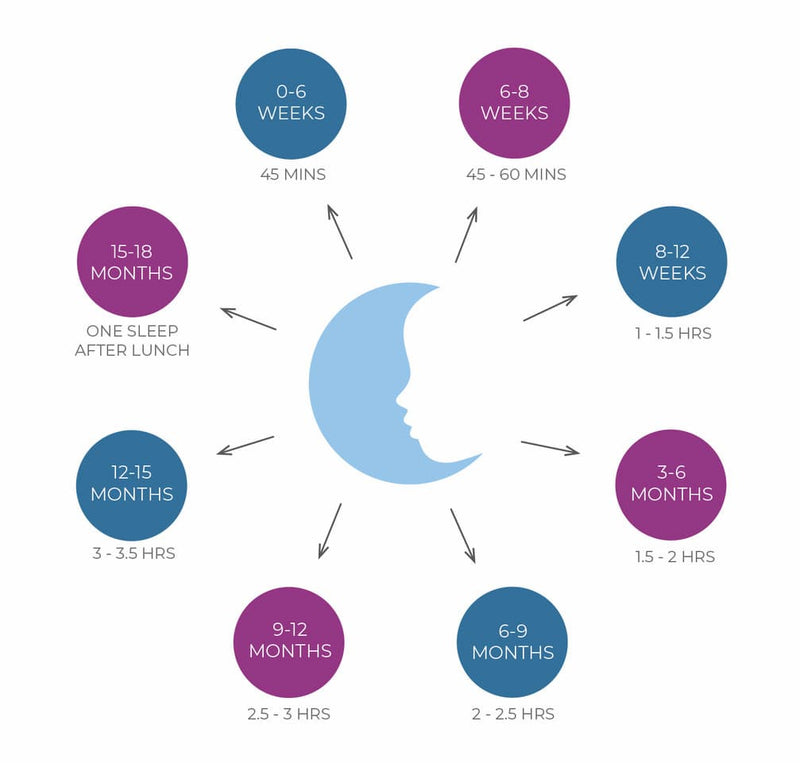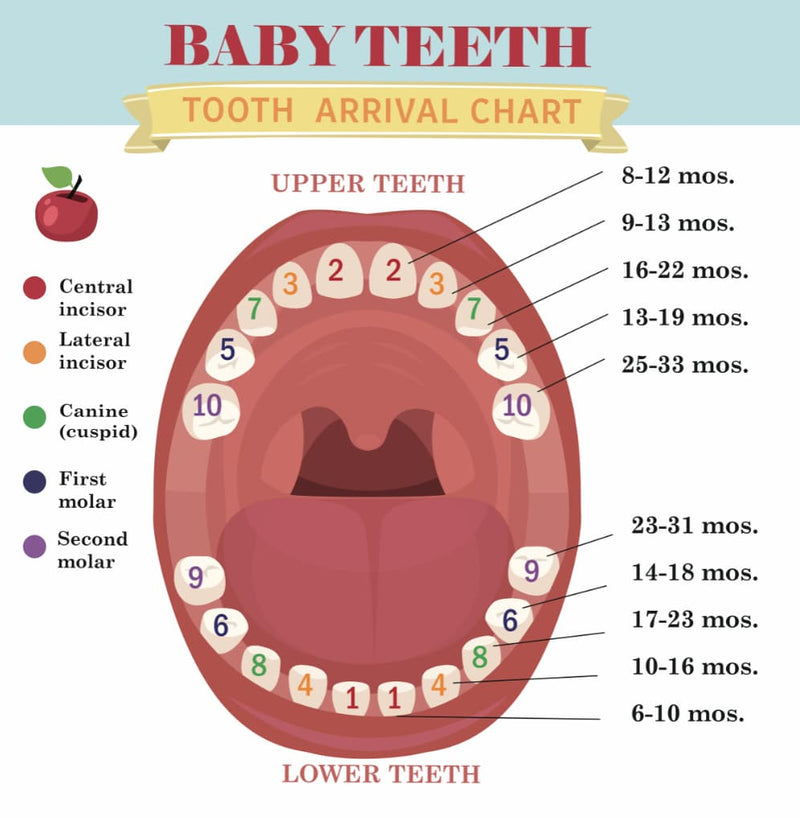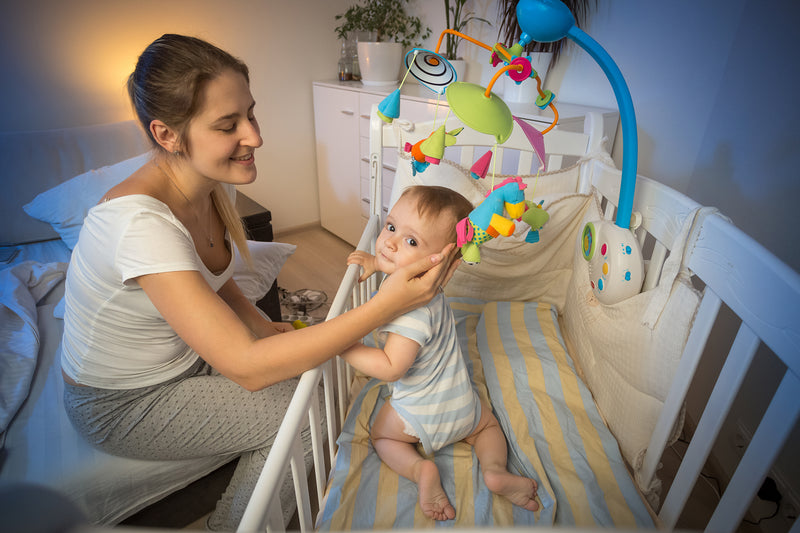
How to manage the 4 Month Sleep Regression
I remember this phase like it was yesterday as it was one of the most challenging moments I faced after becoming a new parent.
The 4-month sleep regression is not a phase it is PERMANENT. I do not like to call it a “regression” as it is more of a “progression”! For the first three months of your baby’s life, they will spend more time asleep than awake, however after four months, our babies move from the newborn phases of sleep into more adult-like sleep stages. Your baby’s brain becomes more active, and they will experience more time in a lighter, non-REM sleep stage which causes them to wake up more frequently, generally after 45 minutes.
If you have previously fed, held, patted, or bounced your baby to sleep then this is when you may find it is no longer working as effectively as it was. This is simply because your baby is more aware of their surroundings and therefore, will wake up more frequently to check their environment. Due to this, if anything is different e.g., if you are no longer feeding, patting, or bouncing, then they will be quick to let you know about it.
What happens?
When you place your “sleeping” baby in their cot, the chances are they will only sleep between 20 -45 minutes and will then wake up quite alarmed. In order for them to go back to sleep they will require the same process as you carried out previously including feeding, rocking or bouncing, does this sound familiar??
It is rather like us falling asleep on the lounge and waking up outside on the grass!
What you may experience
- Your baby will not sleep “full stop”
- You spend more time trying to get them to sleep than they are asleep.
- They suddenly require assistance in going to sleep and staying asleep
- Increased crying, irritability, and fussiness during the day.
- Not feeding well throughout the day due to being easily distracted, which then creates multiple night waking because they are genuinely hungry.
- You may experience catnapping (usually between 20-45 minutes).
How long does it last?
Regressions generally last anywhere from a few days to a few weeks, however the four-month regression is different. If you have not taught your baby to sleep on their own without you feeding or rocking them to sleep, then this is a good time to start as this is where you can establish positive sleep associations to replace the current sleep prop - YOU
.jpg?alt=media&token=b896a3ab-28b5-4124-a20b-0ed13af67259)
Tips for dealing with this "progression“
- Stick to an age-appropriate routine as children thrive on routine and consistency. It makes them feel secure knowing what comes next. Ensure you pay close attention to your babies sleep cues and wake window to avoid over-tiredness. Our packages have all the timings and information you need to get a bedtime routine in place
- Incorporate some wind-down time before naps and bedtime to give your child the best chance of relaxing before sleep. Take your baby into a quiet room where you can read a book, sing a song, or offer a cuddle before going to sleep.
- Incorporate a bedtime routine and keep it simple and no longer than 30-45 minutes. A warm bath, a massage, a full feed, and then place your baby in the cot awake. You can also offer an earlier bedtime if necessary. This 4-month sleep regression can lead to missed sleep, which can lead to over-tiredness.
- Keeping your baby swaddled during this time can be of real benefit as It will help keep them calm and feeling more secure during this time of change.
- This is a great time to introduce a comforter as in my experience babies with comforters are happier, settle better and are generally more content when sleeping independently.
- Be flexible, if that means naps are in the pram, car, or carrier more often than usual then don’t stress and don’t beat yourself up. Having your child sleep in the car or on the go is going to be better than having to deal with an over tired baby.
- Optimise the sleeping environment by ensuring that your child’s room is dark and that you have white noise on (keep the white noise on for the whole duration of the nap and throughout the night), also note that an ideal room temperature for your child is between 19-22 degrees. You can watch the 7-part series of videos that lay out and demonstrate how to set up the appropriate room environment for your child inside our App.
- Ensure your baby is FULL and maintain adequate feeds during the day, do not be afraid to offer more feeds, more often. The four-month sleep regression often coincides with a growth spurt that may make your baby hungry. To receive nutritional advice from Jacqui (Our Accredited Dietician) along with food guides, tutorial videos, example menus, plus 65+ recipes all detailed and relevant for your child's age, check out Our App.
- Start to place your baby down drowsy but awake. You can help your baby soothe by offering either physical or verbal reassurance. Note that this takes time, so consistency is the key. For guidance on self-settling Our Packages have 11 alternate settling options, relevant from newborn through to 4 years of age. Including videos and tutorials to guide you every step of the way.
- Lastly, remain calm and patient to your baby’s needs as babies feed off our energy. If you are calm, they are calm. No matter how bad you think things are, keep in mind, everything is fixable
My Story
I too experienced the 4-month sleep regression and remember it like yesterday. I struggled with the sleep deprivation and lack of knowledge. I lost all my confidence and had no idea what I was doing from one day to the next and know how hard chronic sleep loss can be. You can watch my story on the link below.
































